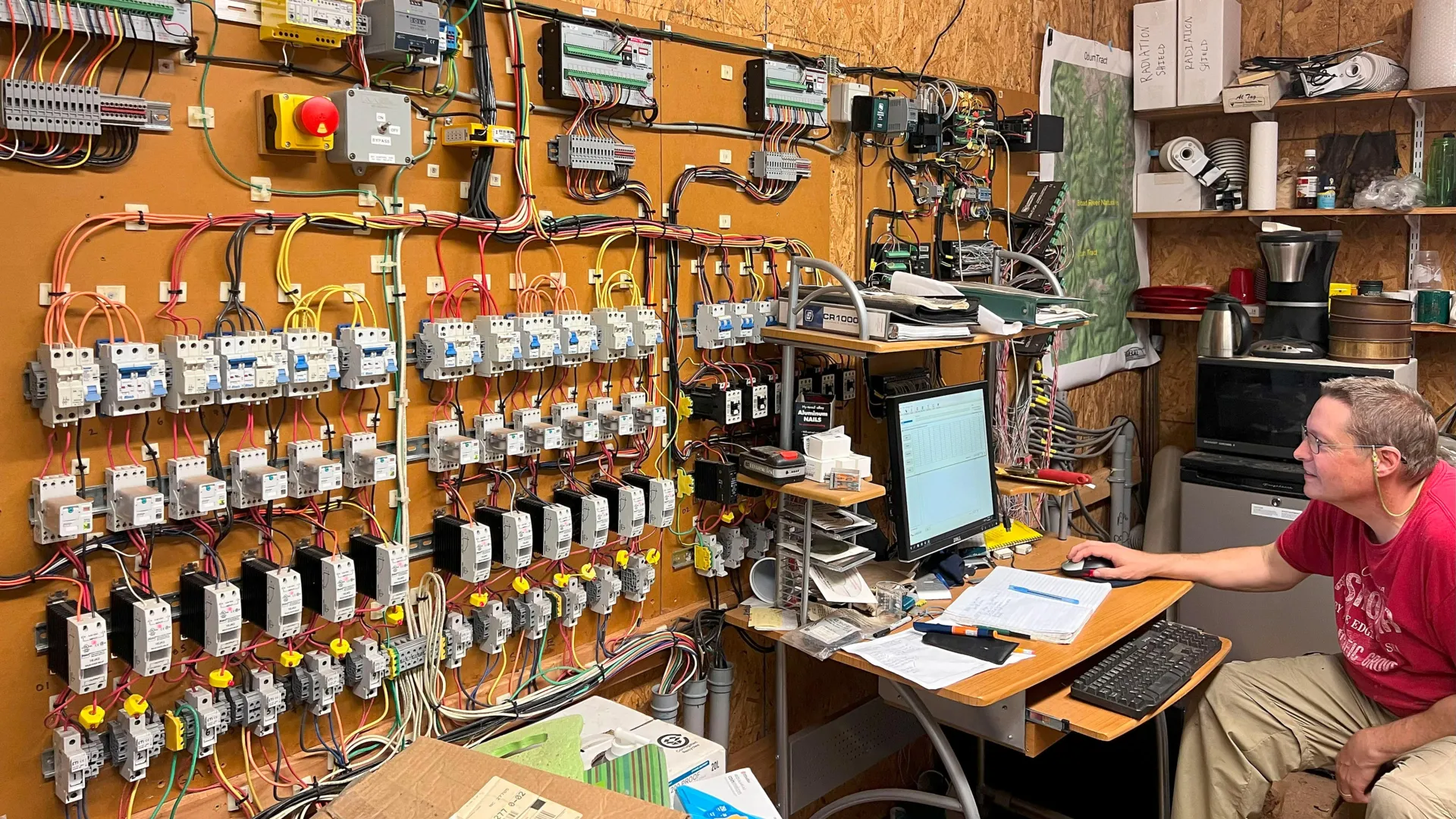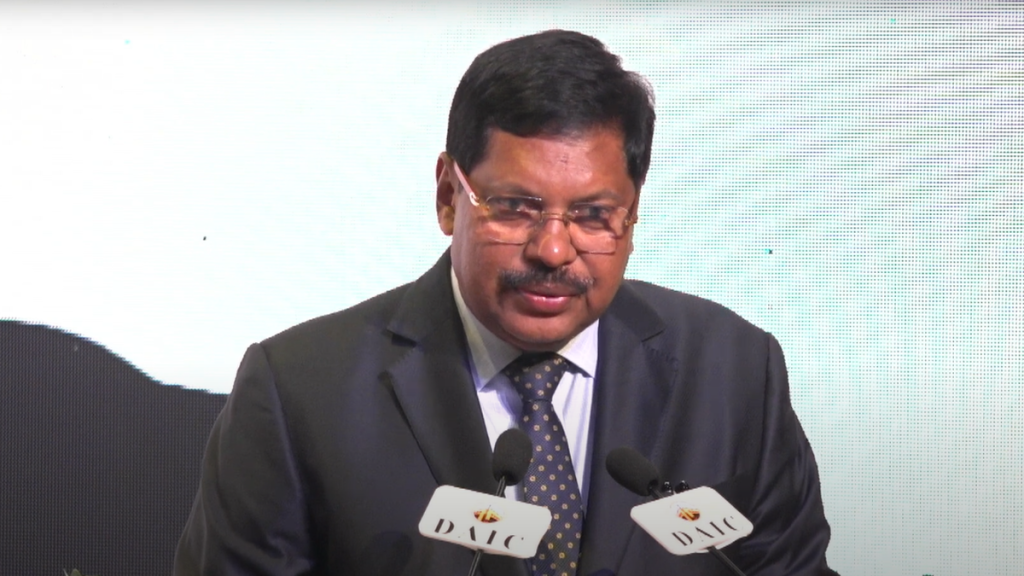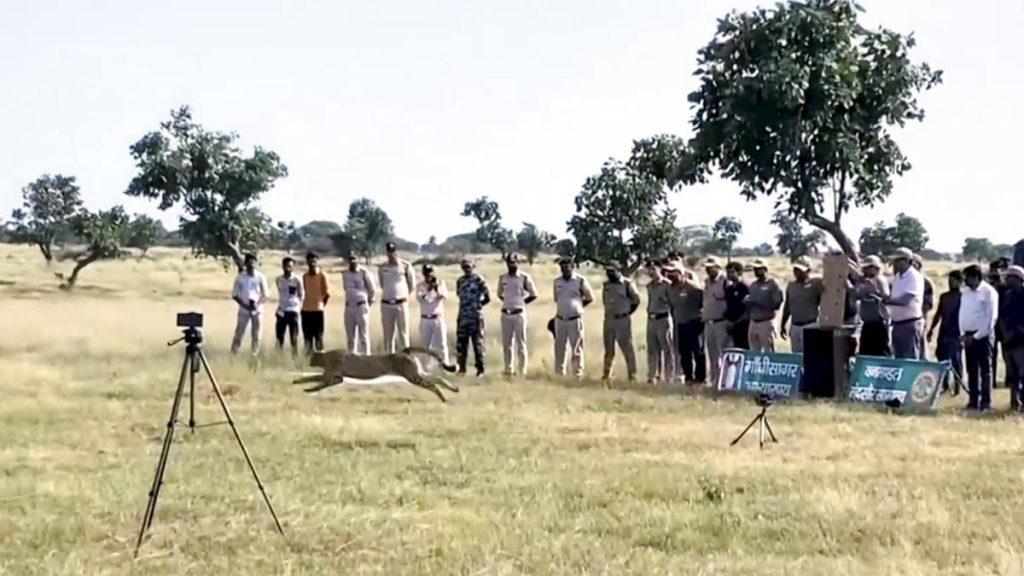Now Reading: Soil Warming Experiments Reveal New Climate Change Insights
-
01
Soil Warming Experiments Reveal New Climate Change Insights
Soil Warming Experiments Reveal New Climate Change Insights

Quick Summary
- A study explores the impact of higher temperatures on soil carbon dioxide emissions.
- The research finds that warming alone does not increase CO2 emissions from soil unless accompanied by additional carbon and nutrients like nitrogen and phosphorus.
- Much of the CO2 comes from microbes in soil, which metabolize organic matter to “breathe out” carbon dioxide.
- The study used infertile subtropical soil from former cotton fields converted to forest land in Athens, Georgia. Heating up to 2.5°C was applied in a laboratory setting alongside analysis of complex pathways within the soil carbon cycle.
- Findings suggest depleted microbial resources constrain the effects of warming on soil activity; fertile forms of nutrients and carbon are prerequisites for significant emission increases.
- Funding was provided by U.S. Department of Energy’s Environmental System Science Program, with participation from researchers at NC State and University of Georgia.
Indian Opinion Analysis
This study underscores critical nuances regarding global climate change projections related to natural systems’ ability to store or emit carbon dioxide under varying conditions. For India, were diverse ecosystems span subtropical soils similar to those studied here, understanding how nutrient-depleted or fertile soils respond differently can inform agriculture practices and afforestation strategies tailored for efficient land use while minimizing emissions impacts.
The focus on microbial constraints highlights potential lessons relevant for India’s policies designed around ecological rehabilitation-such as ensuring nutrient-enriched reforestation efforts or adjusting crop cycles that reduce long-term depletion in agricultural lands transitioning into forests.
This knowledge aligns with broader international goals addressing climate adaptability but suggests deeper evaluation mechanisms might potentially be necessary before extrapolating warming data directly across vastly different geographical contexts like india’s tropical ecosystems versus U.S.’s subtropics studied here.




























